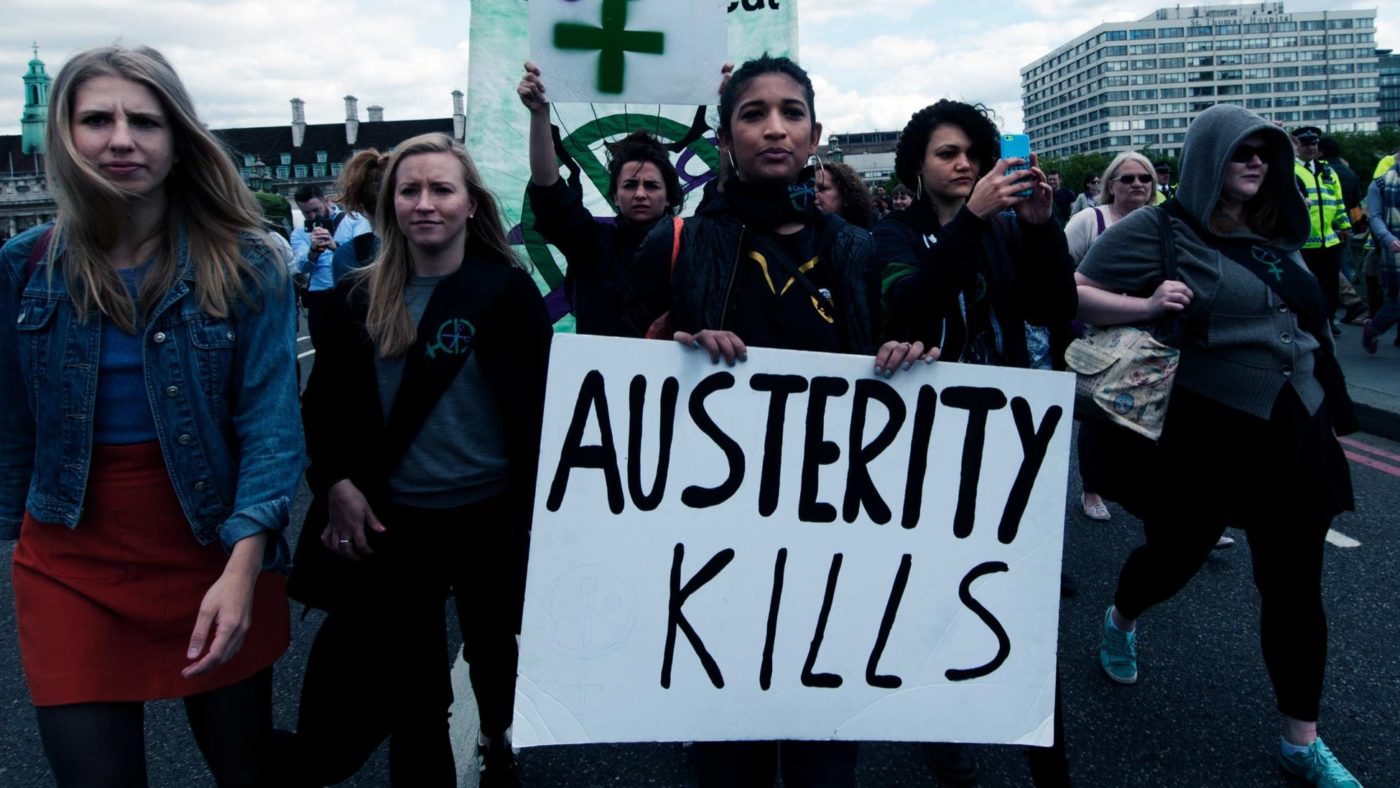- Details
- Written by: Kamran Mofid
- Hits: 3123
Philosophy isn't dead yet
Far from having replaced metaphysics, science is in a mess and needs help. Einstein saw it coming
The attempt to fit consciousness into the material world, usually by identifying it with activity in the brain, has failed dismally.'
"It is time "to connect our science to our humanity, and in doing so to raise the sights of both". This sounds like a job for a philosophy not yet dead.”
An article by Raymond Tallis , The Guardian, Monday 27 May 2013

‘The attempt to fit consciousness into the material world, usually by identifying it with activity in the brain, has failed dismally.'
Photograph: Victor de Schwanberg/Alamy-via theguardian.com
“In 2010 Stephen Hawking, in The Grand Design, announced that philosophy was "dead" because it had "not kept up with modern developments in science, particularly physics". He was not referring to ethics, political theory or aesthetics. He meant metaphysics, the branch of philosophy that aspires to the most general understanding of nature – of space and time, the fundamental stuff of the world. If philosophers really wanted to make progress, they should abandon their armchairs and their subtle arguments, wise up to maths and listen to the physicists.
This view has significant support among philosophers in the English-speaking world. Bristol philosopher James Ladyman, who argues that metaphysics should be naturalised, and who describes the accusation of "scientism" as "badge of honour", is by no means an isolated case.
But there could not be a worse time for philosophers to surrender the baton of metaphysical inquiry to physicists. Fundamental physics is in a metaphysical mess and needs help. The attempt to reconcile its two big theories, general relativity and quantum mechanics, has stalled for nearly 40 years. Endeavours to unite them, such as string theory, are mathematically ingenious but incomprehensible even to many who work with them. This is well known. A better-kept secret is that at the heart of quantum mechanics is a disturbing paradox – the so-called measurement problem, arising ultimately out of the Uncertainty Principle – which apparently demonstrates that the very measurements that have established and confirmed quantum theory should be impossible. Oxford philosopher of physics David Wallace has argued that this threatens to make quantum mechanics incoherent which can be remedied only by vastly multiplying worlds.
Beyond these domestic problems there is the failure of physics to accommodate conscious beings. The attempt to fit consciousness into the material world, usually by identifying it with activity in the brain, has failed dismally, if only because there is no way of accounting for the fact that certain nerve impulses are supposed to be conscious (of themselves or of the world) while the overwhelming majority (physically essentially the same) are not. In short, physics does not allow for the strange fact that matter reveals itself to material objects (such as physicists).
And then there is the mishandling of time. The physicist Lee Smolin's recent book, Time Reborn, links the crisis in physics with its failure to acknowledge the fundamental reality of time. Physics is predisposed to lose time because its mathematical gaze freezes change. Tensed time, the difference between a remembered or regretted past and an anticipated or feared future, is particularly elusive. This worried Einstein: in a famous conversation, he mourned the fact that the present tense, "now", lay "just outside of the realm of science".
Recent attempts to explain how the universe came out of nothing, which rely on questionable notions such as spontaneous fluctuations in a quantum vacuum, the notion of gravity as negative energy, and the inexplicable free gift of the laws of nature waiting in the wings for the moment of creation, reveal conceptual confusion beneath mathematical sophistication. They demonstrate the urgent need for a radical re-examination of the invisible frameworks within which scientific investigations are conducted. We need to step back from the mathematics to see how we got to where we are now. In short, to un-take much that is taken for granted.
Perhaps even more important, we should reflect on how a scientific image of the world that relies on up to 10 dimensions of space and rests on ideas, such as fundamental particles, that have neither identity nor location, connects with our everyday experience. This should open up larger questions, such as the extent to which mathematical portraits capture the reality of our world – and what we mean by "reality". The dismissive "Just shut up and calculate!" to those who are dissatisfied with the incomprehensibility of the physicists' picture of the universe is simply inadequate. "It is time" physicist Neil Turok has said, "to connect our science to our humanity, and in doing so to raise the sights of both". This sounds like a job for a philosophy not yet dead.”
Original Source:
Read More:
Theology, Philosophy, Ethics, Spirituality and Economics: A Call to Dialogue
Science and Economics: A Call to Dialogue and Action
http://www.gcgi.info/blog/151-science-and-economics-a-call-to-dialogue-and-action
- Details
- Written by: Kamran Mofid
- Hits: 3061
'Wage premium’ of a degree falls by a third under university boom
The value of a degree has slumped by almost a third in the last 20 years because of a sharp rise in the number of people taking university courses.
According to Malcolm Brynin, from Essex University’s Institute for Social and Economic Research, conducting a major research study on the benefits of university education, the advantage of a university degree is on the decline as employers routinely demand degrees even for relatively low-skilled occupations.
He said successive governments had “masked” the risk of taking a university course by repeatedly emphasising the advantages and failing to acknowledge that many students struggle to earn more than average wage.- Details
- Written by: Kamran Mofid
- Hits: 3415

Photo:CapX
First let me quote some words from a letter to the Guardian by Clive Needle, Director of EuroHealthNet:
“It is the first duty of governments to protect the health and wellbeing of citizens. It is a priority objective of the EU, enshrined in legislation. Surveys show it is top of people's concerns…our question must be why the dominant political choice across Britain and Europe is to disregard this, and impose austerity measures however much they hurt and destroy lives.
We rage and rush to act when a small number of people are hurt in a specific incident, or by a single disease. Yet millions of people in every country in Europe, as studies commissioned by the EU and WHO will reveal when published, are being almost silently condemned to early, preventable deaths or painful lives, because of economic decisions.
It does not have to be this way. There are well evidenced, cost-effective, proportionate, affordable, immediate and long-term alternative measures available for all political and social systems, left, right or centre. Stuckler recently presented his findings to a WHO Europe intergovernmental conference in Oslo on sustainable health systems in the context of the financial crisis. As he confirms, it is not too late to act, and it is a matter of political choice. These facts, and the relevant work of other British experts such as Professors Marmot, McKee and Wilkinson, should be on the desk of every prime and finance minister, every editor, every company director, every civil servant and every community leader across the country and internationally.
Wellbeing is the business of not only leaders in public, private and voluntary sectors, but also all of us, and the benefits of simple actions can be massive in political, economic and human terms.”
And now below see further the inhumanity of “Austerity”, killing the people, whom by and large, had not caused the financial crash of the 2008 to begin with. The question now surely must be: Why are the ordinary people punished, whilst the guilty ones are allowed to continue to sing and dance to the banks, as they did before the crash?
'Recessions can hurt, but austerity kills'
The Body Economic: Why Austerity Kills
by David Stuckler, Sanjay Basu
In the US, more than five million people have lost access to health care. In Greece, there's a 200% increase in HIV cases. And in some of the worst-hit countries, suicide rates are up. David Stuckler, author of an explosive new book, says the facts speak for themselves.
“The austerity programmes administered by western governments in the wake of the 2008 global financial crisis were, of course, intended as a remedy, a tough but necessary course of treatment to relieve the symptoms of debts and deficits and to cure recession. But if, David Stuckler says, austerity had been run like a clinical trial, "It would have been discontinued. The evidence of its deadly side-effects – of the profound effects of economic choices on health – is overwhelming."…
“The mass of data they have mined reveals that more than 10,000 additional suicides and up to a million extra cases of depression have been recorded across the two continents since governments started introducing austerity programmes in the aftermath of the crisis.
In the United States, more than five million Americans have lost access to healthcare since the recession began, essentially because when they lost their jobs, they also lost their health insurance. And in the UK, the authors say, 10,000 families have been pushed into homelessness following housing benefit cuts.
The most extreme case, says Stuckler, reeling off numbers he knows now by heart, is Greece. "There, austerity to meet targets set by the troika is leading to a public-health disaster," he says. "Greece has cut its health system by more than 40%. As the health minister said: 'These aren't cuts with a scalpel, they're cuts with a butcher's knife.'"
Read more on the tragic consequences of “Austerity”
http://www.guardian.co.uk/society/2013/may/15/recessions-hurt-but-austerity-kills/print
Matters of life, death and economics
http://www.guardian.co.uk/society/2013/may/20/life-death-economics
- Prof. Mofid to speak at the Conference on Education to Globalize the Human Mind: Wilfrid Laurier University, Canada
- Mother Earth is Crying: A Path to Spiritual Ecology and Sustainability
- Pope Francis urges the world leaders to provide “for the common good”
- What Makes Us Human?
- In Praise of the Economic Students at the Sorbonne: The Class of 2000
